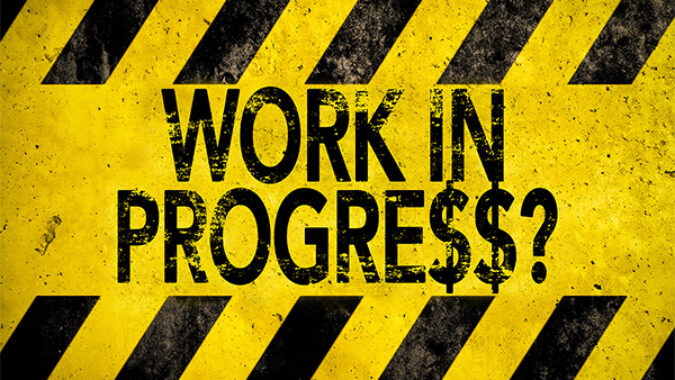A bill, opposed by NJBIA, that requires New Jersey and other public entities to include labor harmony agreements as part of any pact they enter with retail and distribution center projects was conditionally vetoed by Gov. Phil Murphy this month.
But the conditions of that veto do not address the initial concerns of New Jersey’s business community.
“Even if the Legislature complies with the recommendations of the governor in this CV, the additional costs associated with this bill will discourage new business owners and tenants from pursuing retail and distribution center projects in New Jersey,” said NJBIA Director of Government Affairs Alexis Bailey.
“Unfortunately, the revisions do not go far enough to change the fact that this will be another mandate that will cost thousands of jobs in the state and will continue to enhance New Jersey’s reputation as not being business friendly. We hope the Legislature reconsiders the conditions of this legislation.”
Labor harmony is defined as an agreement between a contractor and a labor organization, which requires that the labor organization agree to refrain from picketing, work stoppages, boycotts, or other economic actions against the contractor.
Specifically, A-4630, will increase costs for future owners or tenants of retail and distribution centers, while also limiting the contractors that can participate in a particular project.
Contractors and subcontractors would be required to enter into labor harmony agreements for no less than five years to work on qualifying projects.
In his conditional veto of the bill on Nov. 8, Gov. Murphy recommended a revision to increase the minimum employee threshold for retail establishments from 10 employees to 20.
Murphy said he supported the intent of the bill and that it would bring “appropriate compensation and labor protections that attract high-quality workers.”
“We must, however, balance these goals against the impacts this bill could have on the small businesses that drive the State’s economy,” Murphy wrote.
Bailey, however, said Murphy’s revision will have little bearing on the business impacts of the bill.
“Increasing that minimum employee threshold from 10 to 20 is still going to have an overall impact on small businesses,” she said. “At its core, this bill still puts up barriers to support business development.”
According to the bill, the expansion of labor harmony agreements for retail and distribution projects is necessary due to the State’s proprietary interest in their success. Proprietary interest is broadly defined and even includes small financial incentives awarded to projects by the State or other public entities.
Bailey said that broad definition will vastly expand the scope of projects that will be subject to labor harmony agreements, even to those in which public entities have minimal interest and risk exposure.
“The expansion of labor harmony requirements is not necessary or beneficial to protect minimal public interests at the expense of stifling business development and growth when our state needs it most,” she said.




